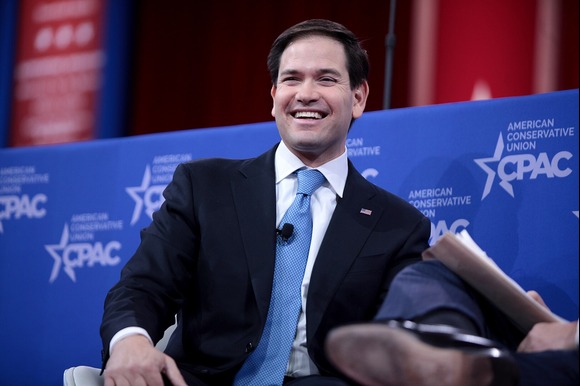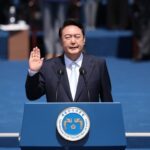Russian Foreign Minister Sergey Lavrov and United States Secretary of State Marco Rubio held another round of discussions on Friday at the ASEAN foreign ministers’ meeting in Kuala Lumpur, Malaysia, with the ongoing war in Ukraine taking center stage. The brief exchange followed a more extensive 50-minute meeting between the two top diplomats the previous day, as confirmed by Russia’s state-run TASS news agency.
Although no official details have emerged from Friday’s meeting, Rubio indicated on Thursday that the two sides had explored a potential “new and different approach” to advancing peace efforts in Ukraine. “I wouldn’t characterise it as something that guarantees peace,” he told reporters, “but it’s a concept that I’ll take back to the president.”
Speaking to Russian media at the summit, Lavrov said he had outlined Russia’s position on resolving the conflict. “We discussed Ukraine. We confirmed the position that President [Vladimir] Putin had outlined, including in his July 3 conversation with President [Donald] Trump,” Lavrov stated.
In a statement, Russia’s Ministry of Foreign Affairs described the discussion as a “substantive and frank exchange” covering Ukraine, as well as key international issues such as Iran, Syria, and broader global developments.
The meetings mark a rare and notable moment of direct diplomatic engagement between Washington and Moscow, at a time when bilateral relations remain tense. Nonetheless, Russian officials downplayed any notion that ties were worsening. “I do not agree that the positive trend in relations between Moscow and Washington is fading,” Deputy Foreign Minister Sergey Ryabkov told the RIA news agency. “I think that the current US administration acts in a zigzag manner. We don’t dramatise over this.” Ryabkov added that another round of US-Russia talks on unresolved bilateral issues could take place before the end of the summer.
Despite underlying tensions, both sides appeared to remain open to continued dialogue, albeit with caution. “We are talking, and that is a start,” Rubio said. “But much depends on what comes next.”
As part of his first official trip to Asia since taking office, Rubio also held a separate meeting with Chinese Foreign Minister Wang Yi in Kuala Lumpur on Friday. It was the first in-person encounter between the two, signaling Washington’s attempt to reassert influence in the Asia-Pacific region.
Rubio described the conversation as “very constructive,” while acknowledging existing points of contention. Speaking on the sidelines of the ASEAN meeting, he also suggested that a meeting between President Trump and Chinese President Xi Jinping was “highly probable,” although no date had been set.
Rubio is participating in both the East Asia Summit and the ASEAN Regional Forum—major diplomatic gatherings that bring together key global stakeholders including China, Russia, Japan, Australia, India, and the European Union.
This diplomatic flurry comes amid mounting US-China trade tensions. Beijing has warned Washington against reintroducing broad-based tariffs scheduled for next month, after previous rounds of tit-for-tat duties that exceeded 100 percent. China has also threatened to retaliate against nations that support moves to exclude Beijing from global supply chains seen as critical to economic security.
While Rubio’s Asia tour reflects a renewed US commitment to the region, President Trump’s aggressive tariff strategy continues to cast a shadow over Washington’s engagement. Starting August 1, new import tariffs are set to take effect, targeting eight ASEAN nations including Malaysia, as well as close allies Japan and South Korea. The White House has defended the move as part of a broader push to “rebalance trade,” but critics argue it could strain partnerships the US is trying to strengthen.
ASEAN foreign ministers issued a joint communique on Friday expressing concern over rising global tensions and reaffirming the importance of maintaining a “predictable, transparent, inclusive, free, fair, sustainable and rules-based multilateral trading system.”
“We reaffirmed our commitment to work constructively with all partners to this end,” the regional bloc stated, as global leaders continue to navigate a complex web of security, trade, and diplomatic challenges.






